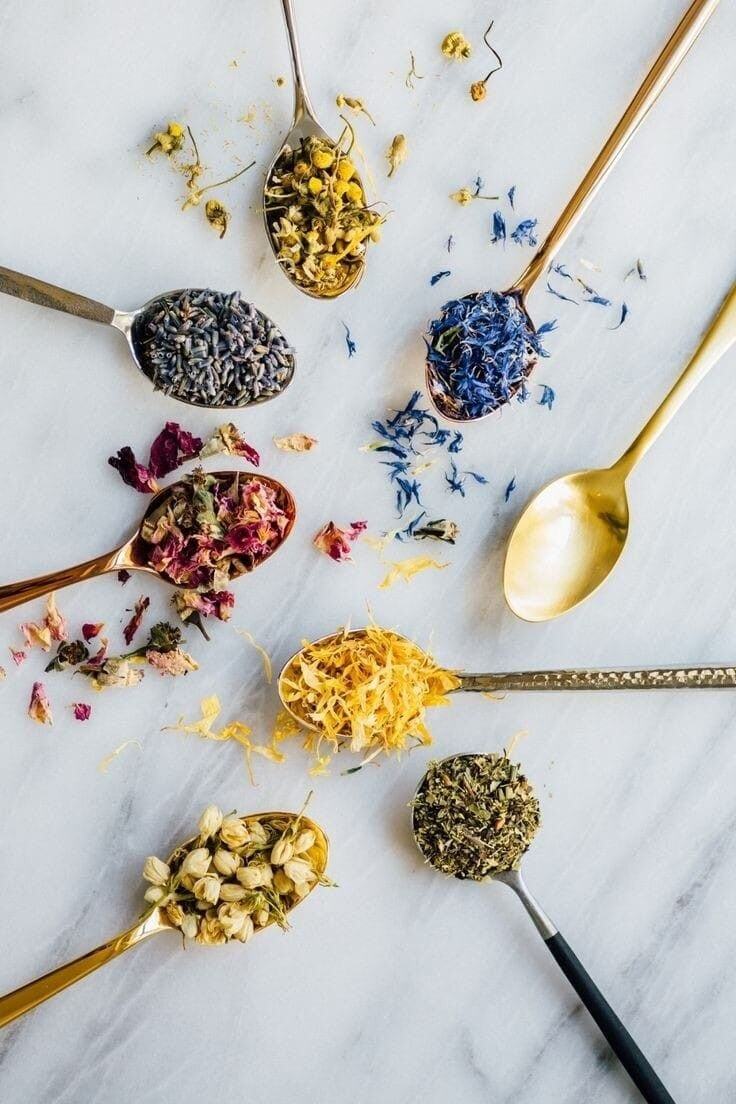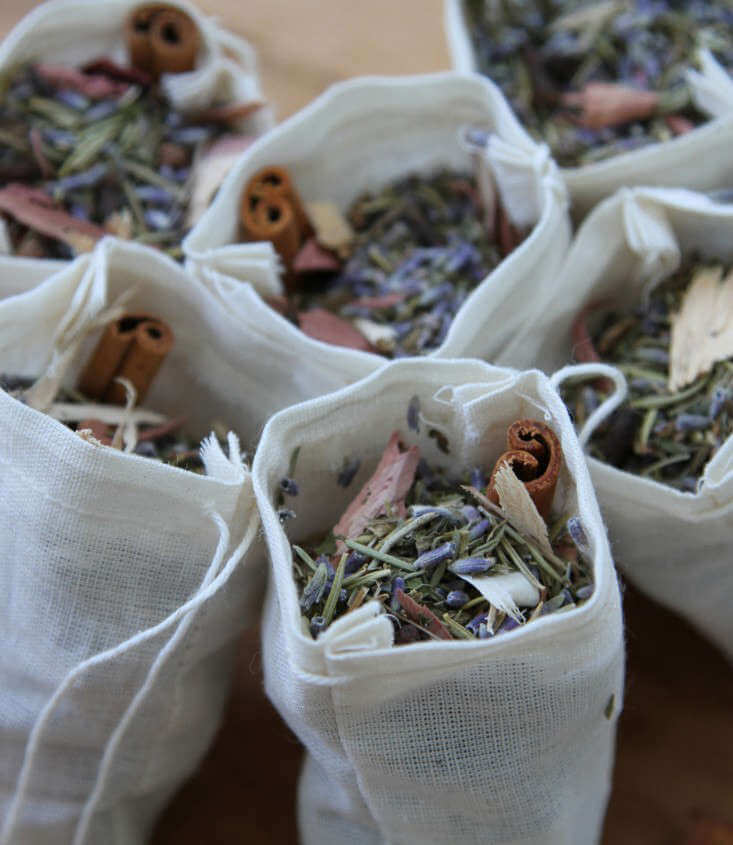The tea is one of the oldest beverages in the world, with millions of consumers in all countries, and it spread slowly but steadily from China. But what is the origin of this drink? There is no definitive answer to this question, but there are legends that can at least serve as a guide to know the time when the different types of tea began to be cultivated and consumed.
According to Chinese legend, tea arose from the hand of Emperor Shen-Nung, who lived about 5,000 years ago. One day, the emperor was sitting under the shade of a tree to rest and boil water, as was his custom, when some leaves from that tree accidentally fell into the water. He liked it so much that he immediately had the seeds of that wild tree planted.
For the Indians, Prince Bodhi-Dharma set out on a one-day pilgrimage to the north of the country to preach and teach Buddhism to the whole world during his trip. But after five years of traveling and teaching the prince was tired and ill. It was then, following the instructions of some wise men, when he collected the leaves of a tree that was special and prepared an infusion with them. This remedy healed and comforted him and he was able to continue on his journey.
In any case, it is a drink that is deeply rooted throughout the planet and of course, that it is one of the most consumed drinks in the world is no coincidence. The multiple benefits of tea have led many people to incorporate tea into their daily routine.


- It has antioxidants. Antioxidants are the germ of vitamins, minerals and fiber. Thanks to its multiple properties, antioxidants delay the aging process. They safeguard cells and tissues against free radicals.
- Protects the immune system. Tea has a high number of flavonoids and vitamin H that lend us a hand so that the body’s defenses work and, in the same way, avoid cell damage.
- Reduces the risk of cardiovascular disease. Prevents blood clotting, which is one of the causes of vascular accidents and heart attacks. Although there is no scientific evidence, it has been shown that there is a relationship between the consumption of tea and the decrease in the appearance of these diseases.
- Attacks anemia. Tea is one of those foods included in the list to alleviate iron deficiency.
- Provides hydration. Tea contributes to good hydration so that our body works properly. In addition, it is a different way of drinking the recommended 2 liters of water per day.
- It’s diuretic. It is a natural diuretic that helps us when it comes to eliminating toxins from our body.
- No calories. If you are taking care of yourself and want to lose weight, tea is a good ally since when you drink a hot drink it has a highly satiating power and therefore helps to eliminate anxiety about food.
In addition to all these benefits, do you know what the ingredients of the tea are and those particular leaves with which we make it? It is important to know exactly what its components are, as well as to know the benefits that each one has, because based on this, we can drink a specific tea. It can be combined with fruit or vegetable ingredients such as aromatic herbs (mint, basil, etc.), flowers (chamomile, hibiscus, etc.) or spices (cinnamon, cardamom, etc.): the many options make it possible to create innovative infusions.
Many of our citrus products’ clients are tea manufacturers and use Vegenat’s dehydrated lemon and orange in their different cuts in their recipes, as it provides a fresh and citric touch that is pleasing to the palate.





